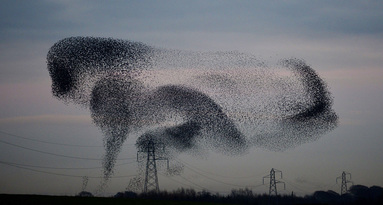 Sermon snippet from our congregational summit: from Marge Piercy's To Be of Use: "The pitcher cries for water to carry and a person for work that is real." The work that is real is rarely our jobs – though we are grateful and satisfied when we get to give 8 or more hours a day to our calling, to work that is real. One of the reasons we come to church is to be part of something real – prayer that is really attentive to God, community that is really caring of our rough edges, spiritual questions and wisdom that really nourishes our soul’s longings. And we come to church to be part of work and activities that really matter by changing who we are, and making a difference in this community...."
1 Comment
Sermon snippets: Psalm 34:11-14
|
Archives
January 2022
|





 RSS Feed
RSS Feed